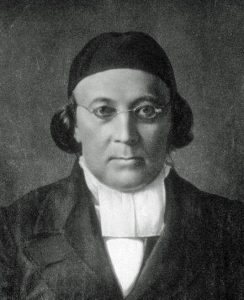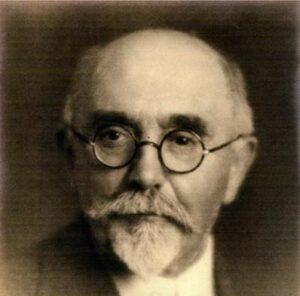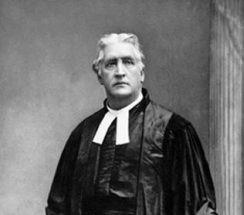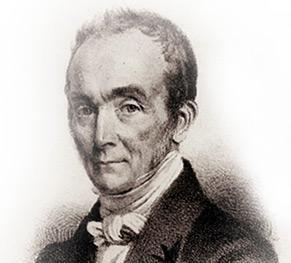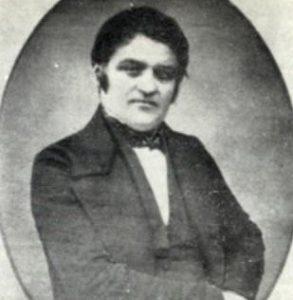The founder of the Evangelical lutheran society
After graduating in Strasbourg, Horning ministered there, at the church of Saint-Pierre-le-Jeune. At first a liberal, he became a strong advocate of a return to the roots of Lutheranism : Luther’s catechism, the old Lutheran hymns, and a renewed respect for the authority of the Lutheran confession of faith.
When in 1848 the Lutheran assembly showed itself to be favourable to a union with the Reformed Church, he uttered a « solemn warning » (mise en garde) and founded the Evangelical lutheran society the purpose of which was to encourage “greater faithfulness to traditional dogma, insisting that justification through faith must remain central, rather than the activism, the asceticism and the sentimentalism favoured by some Protestant circles of his time » (Les Protestants A. Encrevé). This remarkable preacher refocused attention on parish life at a time when some Protestants preferred to be involved with groups or movements. This, however, does not imply that he did not take part in the great social achievements of his time.

